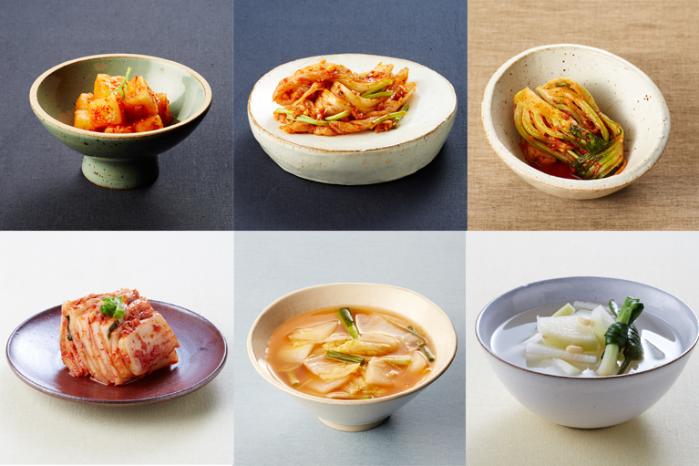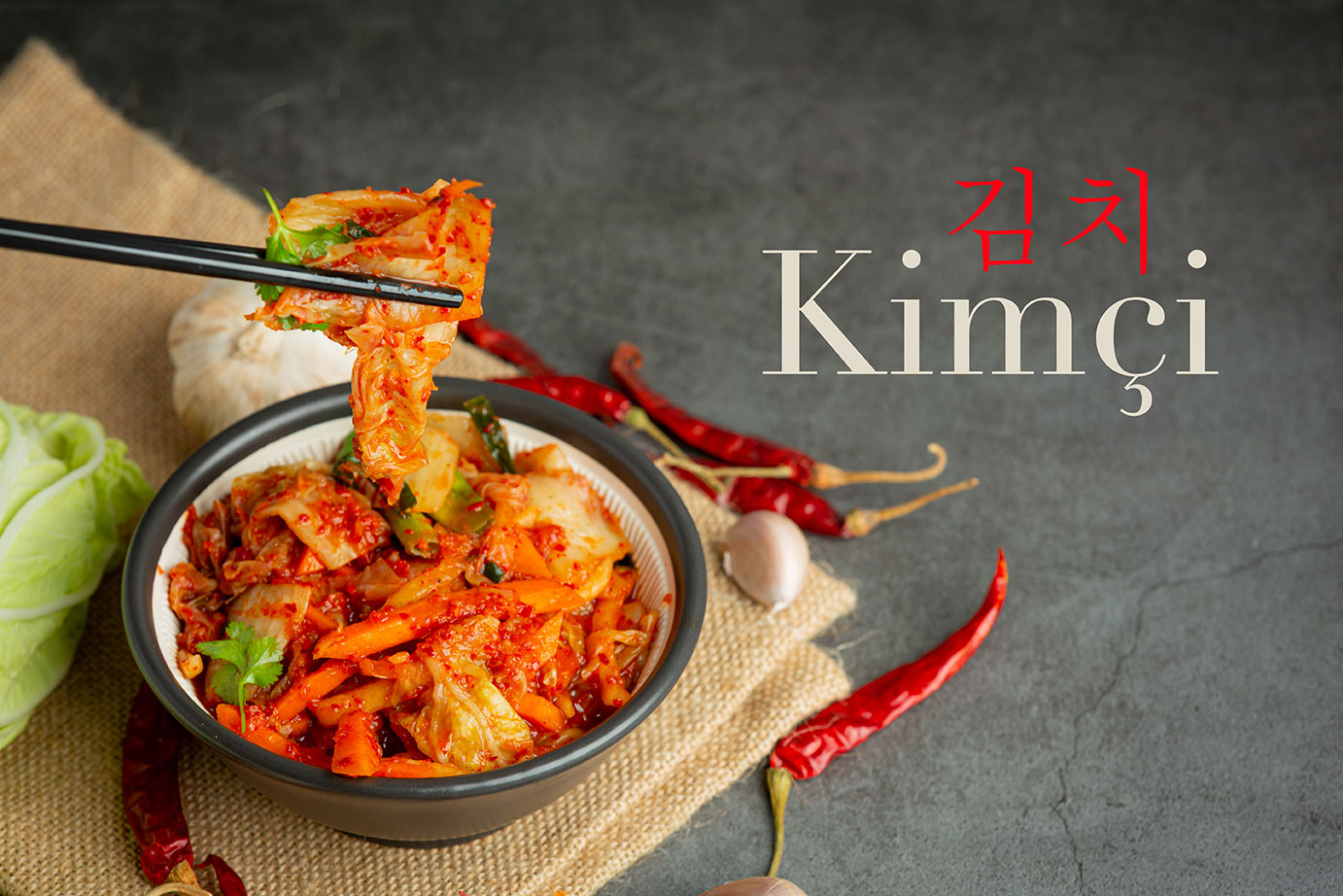Kimchi: A Worldwide Phenomenon
Kimchi, the beloved Korean side dish, is making waves globally as its exports surged to USD 80 million in the first half of this year, with a remarkable 23% increase in shipments to the United States. Korean cuisine has been experiencing a significant global boom over the past few years, and kimchi, a staple in Korean meals, is no exception. While the popularity of kimchi continues to grow in various corners of the world, it's essential to delve into how Korean cuisine, with kimchi at its forefront, is faring in other international markets, what's behind kimchi's worldwide success?

Firstly, It has many health benefits, Kimchi has a reputation as a probiotic-rich food packed with essential vitamins and antioxidants. Which makes consumers worldwide choose Kimchi and add it to their diet. Kimchi is a significant side dish in Korean cuisine and is a staple on their tables; it is also found in many dishes such as bulgogi and bibimbap. Also global poularity of Korean Culture and, by extension, its cuisine. Kimchi has become a symbol of Korea's cultural identity.
What is the role of Kimchi in Turkiye? In Turkey, a country known for its rich culinary traditions, Korean cuisine has been making steady inroads. Korean ingredients and condiments, including kimchi, are becoming more readily available in Turkish supermarkets and specialty stores. This accessibility has encouraged more people to experiment with Korean cooking at home. And also Turkish chefs have been experimenting with Korean flavors to create fusion dishes that appeal to local tastes. This blending of cultures has led to dishes like "kimchi köfte" (meatballs with kimchi) and “kimchi kase” (bowl with kimchi), which are gaining popularity.
As kimchi continues to gain international recognition, it serves as a symbol of the interconnectedness of global cuisines and the joy of exploring diverse flavors and cultures. Whether you're savoring kimchi in Seoul, New York City, or Istanbul, this beloved dish is a testament to the power of food to bridge cultures and create shared experiences.
By: Ayça Nur Şahin







